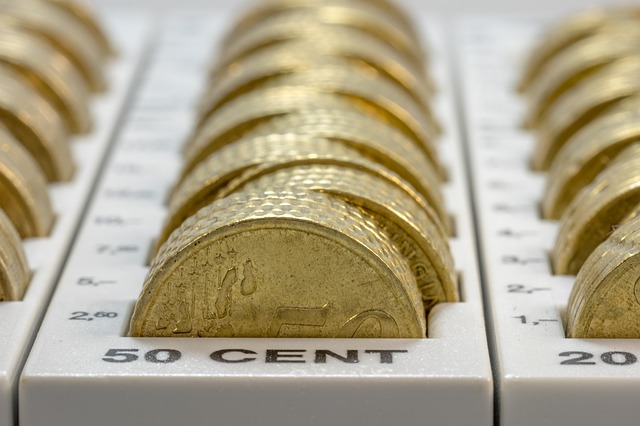I read the Keynote Address by Mr Ravi Menon in MAS 1 last week. He pointed out digital currency as one of the six major technological breakthrough in the financial industry. He says “Digital currencies – like Bitcoins – have attracted much interest.”.
In my view, digital currency has a potential to change our daily lives. There are three reasons as follows.
1. Digital currency is completely digital information
Digital currency does not need to record it on paper. There are no physical notes and coins. It can be exchanged as just data. It means that it can be operated highly efficiently and in real time basis. More importantly, these data can be analyzed by machine learning, which is developing at an astonishing rate recently. It might enable fintech startups to generate numerous financial services in the future. This must be exciting.
2. Digital currency can be issued without Central banks
Central banks usually have the exclusive right to authorize the issuance of its currency. The US dollar is authorized by the Federal reserve system. The euro is authorized by the European central bank. The Japanese Yen is authorized by Bank of Japan. Therefore the traditional currency could be backed ultimately by country creditworthiness. However, digital currency can be issued without authorization by any central banks. It has advantages because digital currency could be used as alternative currencies in emerging countries which do not have strong financial systems and good creditworthiness. In such countries, the value of their currencies declines when creditworthiness of countries can not be sustained. But digital currencies have nothing to do with their creditworthiness because they can be issued independently. So digital currency can operate beyond the country creditworthiness constrain.
3. Digital currency can be exchanged on peer to peer basis
One of the major differences between traditional currency and digital one is that there is no central organization for recording transactions. So digital currency is considered as de-centralized currency. A technology called ” Block chain” enables it to operate effectively. This technology can be applied beyond digital currency. Contracts can be processed by using this technology, too. Reid Hoffman, Co-founder of Linkedin says “It enables the trustees exchange of any kind of digital asset – domain name signatures, digital contracts, digital titles to physical assets like cars and houses.”.2 This is amazing! “Peer to peer basis society” could be realized by block chain in future.
MAS announced that a new organization called “FinTech & Innovation Group” will be set up on 1st August 2015 to enhance financial technology3. Not only private companies but also regulators realized the importance of digital currency. In the US, MIT Media Lab established Digital Currency Initiative to research digital currency4. I would like to keep watching what is going on closely in this field.
Would you like to use digital currency in the future?
Source
1. “A Smart Financial Centre” – Keynote Address by Mr Ravi Menon, Managing Director, Monetary Authority of Singapore, at Global Technology Law Conference 2015 on 29 Jun 2015
2. The Future of the Bitcoin Ecosystem and “Trustless Trust” – Why I Invested in Blockstream, Reid Hoffman, Pulse in Linkedin, 17 Nov 2014
3. MAS sets up new FinTech & Innovation Group, MAS website, 27 July 2015
4. Launching a Digital Currency Initiative, Brian Forde, the Direcotr of Digital Currency at the MIT Media Lab, 15 April 2015
Note: Toshifumi Kuga’s opinions and analyses are personal views and are intended to be for informational purposes and general interest only and should not be construed as individual investment advice or solicitation to buy, sell or hold any security or to adopt any investment strategy. The information in this article is rendered as at publication date and may change without notice and it is not intended as a complete analysis of every material fact regarding any country, region market or investment.
Data from third-party sources may have been used in the preparation of this material and I, Author of the article has not independently verified, validated such data. I accept no liability whatsoever for any loss arising from the use of this information and relies upon the comments, opinions and analyses in the material is at the sole discretion of the user.
